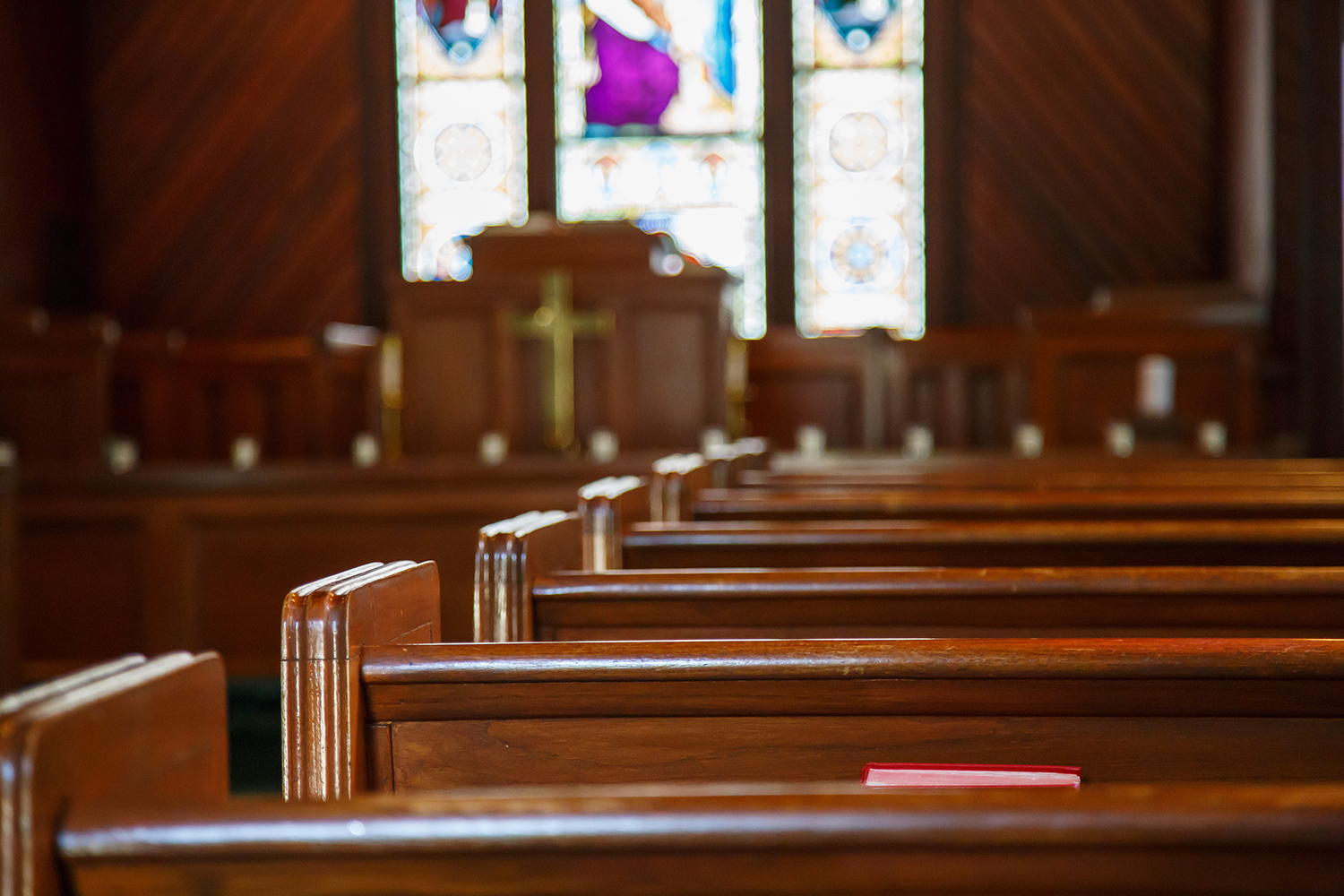Minnesota Churches' Challenge to COVID-19 Executive Order
Scoreboard
Case Snapshot
In the wake of the coronavirus pandemic, retail therapy was allowed to resume in the State of Minnesota, but not spiritual healing, according to Governor Tim Walz’s May 13, 2020 executive order. On May 13, Governor Walz announced that retailers could open their doors to fifty percent capacity and “Non-Critical” businesses could return to work. Minnesota even introduced a phased plan for reopening bars and restaurants beginning on June 1, but houses of worship were indefinitely banned from any gathering of more than ten people. On May 20, Becket sent Governor Walz and Minnesota Attorney General Keith Ellison a letter on behalf of the Minnesota Catholic Conference and The Lutheran Church—Missouri Synod. The letter explained that continuing this discriminatory treatment of in-person worship violated federal and state law. It further notified Minnesota that, beginning on May 26, Catholic and Lutheran churches would begin holding in-person worship services, while instituting rigorous social distancing and hygiene protocols, whether or not the Governor amended his executive order. Governor Walz returned to the negotiating table after the Churches acted in defense of their free exercise, announcing on May 23 that he would clear the way for houses of worship of all faith traditions to open to larger groups starting May 27, 2020.
Status
Share this Case

Case Summary
Leaders in protecting public health
Throughout the coronavirus pandemic, the Minnesota Catholic Conference and The Lutheran Church—Missouri Synod in Minnesota have been leaders in protecting public health. They voluntarily suspended in-person services to prevent the spread of COVID-19 well before statewide stay-at-home orders came into effect. Since then, these faith communities have been ministering to their communities any way they can—serving meals to the homeless, donating medical supplies, accompanying the elderly, and raising money for those in need.
Aware of the deep spiritual, mental, and emotional loss that comes from being deprived of in-person worship, on May 7 the churches presented Governor Walz with proposed protocols for resuming in-person worship services in line with the recommendations of the World Health Organization and United States Centers for Disease Control and Prevention. On May 13, Governor Walz issued an executive order allowing retailers to open their doors to fifty percent capacity, businesses—from pet-grooming services to medical cannabis operations—to resume in-person work, and even announced a phased plan for reopening bars and restaurants. In-person worship, however, remained banned beyond ten people. No guidance or plans for reopening were announced.
This meant that while the Mall of America could open its doors to those seeking retail therapy, houses of worship were barred from providing spiritual healing to their congregations.
Retail therapy, but no spiritual healing
The Minnesota Catholic Conference and The Lutheran Church—Missouri Synod in Minnesota remain committed to mitigating the risk of spreading coronavirus in their congregations and communities by instituting rigorous social distancing and hygiene protocols to prevent the spread of coronavirus. But, if the state deems the risk low enough to reopen non-essential businesses, why should religious communities be forced to comply with a ten-person limit?
Acting in defense of religious liberty
After weeks of negotiation between the churches and the governor to try to achieve equal treatment for churches and houses of worship, on May 20, Becket sent a letter to Governor Walz on behalf of the Minnesota Catholic Conference and The Lutheran Church—Missouri Synod in Minnesota explaining that continuing this discriminatory treatment of in-person worship violates federal and state law.
The letter announced that on May 26, 2020, in advance of Pentecost Sunday (May 31), the faith communities would resume holding in-person worship services and ministering to their congregations at one-third capacity whether or not Governor Walz amended his executive order. Governor Walz returned to the negotiating table after the Churches acted in defense of their free exercise, announcing on May 23 that he would clear the way for houses of worship of all faith traditions to open to larger groups starting May 27, 2020.
Importance to Religious Liberty:
- Religious communities—The First Amendment’s Free Exercise clause protects religious Americans from undue burdens on their religious exercise. When Churches are given a special disability not felt by secular entities, the government is violating the Free Exercise Clause by substantially burdening religious practice.